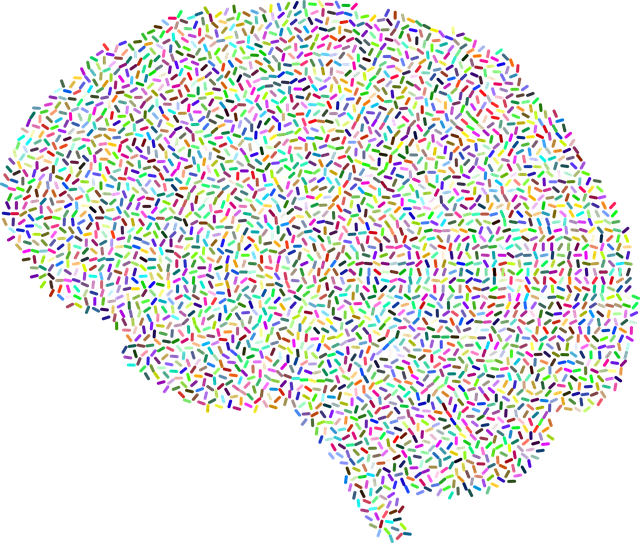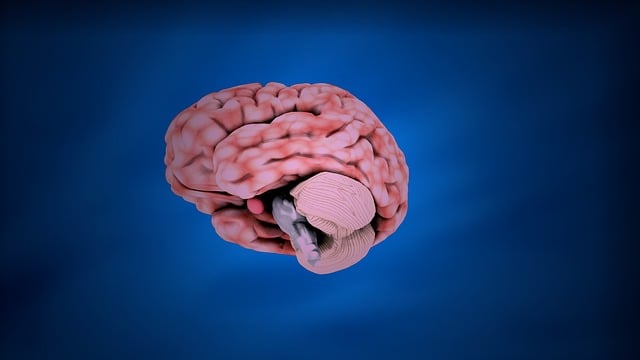Lafayette ADD-ADHD evaluations and therapy centers prioritize risk assessment and harm minimization for optimal patient care. This involves a systematic analysis of environmental, procedural, and client risks, integrating cultural sensitivity to cater to diverse backgrounds. By implementing strategies like stress reduction and mindfulness training, healthcare professionals empower patients to manage ADHD/ADD symptoms effectively, reduce stigma, and improve overall well-being. Personalized therapy plans, combining assessments, medication adjustments, and therapeutic sessions, enhance risk management and patient security. Proactive healthcare practices contribute to enhanced mental wellness within the community, as showcased by Lafayette's comprehensive approach to ADD-ADHD evaluations and therapy.
Risk assessment and harm minimization planning are essential components of quality mental health care, especially in managing conditions like ADD-ADHD. This article explores these critical aspects through several key sections. We begin by unraveling potential hazards in understanding risk assessment. Next, we delve into the role of harm minimization in mental health care, followed by a spotlight on Lafayette ADD-ADHD Evaluations: A Comprehensive Approach. Additionally, we discuss implementing effective risk management strategies to ensure optimal patient outcomes, including Lafayette ADD-ADHD Therapy.
- Understanding Risk Assessment: Unveiling Potential Hazards
- The Role of Harm Minimization in Mental Health Care
- Lafayette ADD-ADHD Evaluations: A Comprehensive Approach
- Implementing Effective Risk Management Strategies for Optimal Patient Outcomes
Understanding Risk Assessment: Unveiling Potential Hazards

Risk assessment is a fundamental process in identifying and evaluating potential hazards within any environment, including therapeutic settings like Lafayette ADD-ADHD evaluations and therapy centers. It involves a systematic analysis of factors that could cause harm to individuals or property, enabling professionals to implement effective harm minimization strategies. By meticulously examining various risks—be it environmental, procedural, or related to client demographics—practitioners can create safe, inclusive environments tailored to diverse needs.
This proactive approach aligns with the broader goals of mental wellness promotion and culturally sensitive mental healthcare practices. As highlighted in our Mental Wellness Podcast Series Production, understanding and addressing risks is pivotal for fostering a supportive atmosphere where clients feel empowered and respected. By integrating cultural sensitivity into risk assessment and management, Lafayette ADD-ADHD therapy centers can ensure that their services resonate with individuals from various backgrounds, ultimately enhancing the overall mental wellness of their community.
The Role of Harm Minimization in Mental Health Care

In the realm of mental health care, harm minimization plays a pivotal role in ensuring patient well-being and fostering effective treatment outcomes. This approach is particularly crucial for individuals navigating conditions such as ADD/ADHD, where comprehensive evaluations and tailored therapy can significantly impact their lives. By implementing harm minimization strategies, healthcare professionals in Lafayette ADD-ADHD evaluations and therapy settings can create a supportive environment that promotes recovery and reduces the stigma often associated with mental illness.
The integration of harm minimization techniques aims to support patients in managing their symptoms while encouraging positive coping mechanisms. Through various methods, including stress reduction practices and mindfulness training, individuals can develop resilience against adverse effects commonly linked to undiagnosed or poorly managed mental health conditions. Such efforts contribute to improved overall well-being and can prevent further complications, ultimately enhancing the effectiveness of treatment programs offered in Lafayette therapy centers.
Lafayette ADD-ADHD Evaluations: A Comprehensive Approach

In Lafayette, ADD-ADHD evaluations are more than just a diagnostic tool; they’re a comprehensive gateway to personalized therapy and harm minimization planning. Mental health professionals here employ advanced assessment techniques to thoroughly understand each individual’s unique challenges and strengths, ensuring tailored interventions that go beyond symptoms alone. This holistic approach considers not only the individual but also their interactions with the community, fostering an environment that supports self-care routine development for better mental health.
Risk management planning is a cornerstone of this strategy, especially when implementing community outreach program initiatives. By integrating these practices, Lafayette’s mental health professionals are equipped to anticipate and mitigate risks effectively. This proactive approach not only enhances therapy but also empowers individuals with ADD/ADHD to navigate their lives with greater confidence and resilience, promoting overall well-being within the community.
Implementing Effective Risk Management Strategies for Optimal Patient Outcomes

Implementing effective risk management strategies is paramount in healthcare, especially when addressing conditions like Attention-Deficit/Hyperactivity Disorder (ADHD) through Lafayette ADD-ADHD Evaluations and Therapy. A comprehensive approach ensures optimal patient outcomes by identifying potential risks early on and implementing tailored interventions. Healthcare professionals play a pivotal role in mitigating these risks, from thoroughly evaluating patients’ medical histories to designing personalized treatment plans that may include therapy sessions, medication adjustments, or both.
These strategies not only help prevent adverse outcomes but also foster a sense of security and well-being among patients. Integrating Self-Awareness Exercises and Emotional Healing Processes within the therapy framework empowers individuals to better manage their symptoms and navigate daily life challenges. By adopting these proactive measures, healthcare providers contribute significantly to the Mental Wellness Podcast Series Production, ultimately enhancing the overall quality of care and patient satisfaction.
In conclusion, risk assessment and harm minimization planning are pivotal components of mental health care, especially in addressing conditions like ADD-ADHD. By thoroughly understanding potential hazards through evaluations like those offered by Lafayette ADD-ADHD Therapies, healthcare professionals can implement effective strategies to manage risks and achieve optimal patient outcomes. This comprehensive approach ensures that individuals with ADD-ADHD receive tailored therapy, fostering improved mental well-being and enhanced quality of life.














